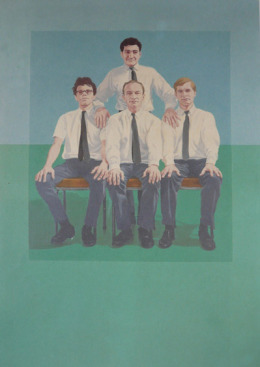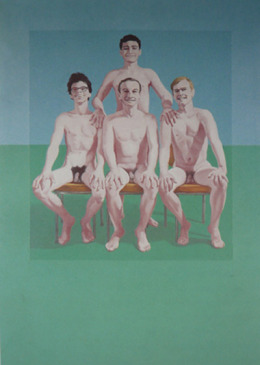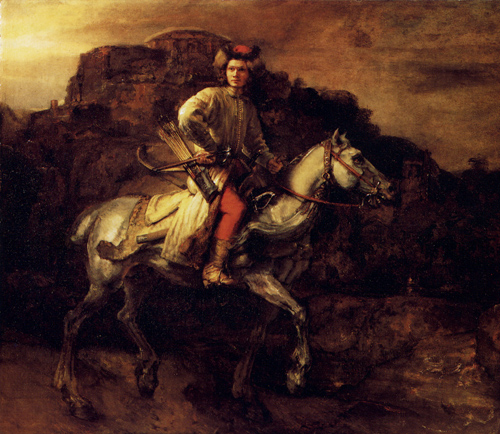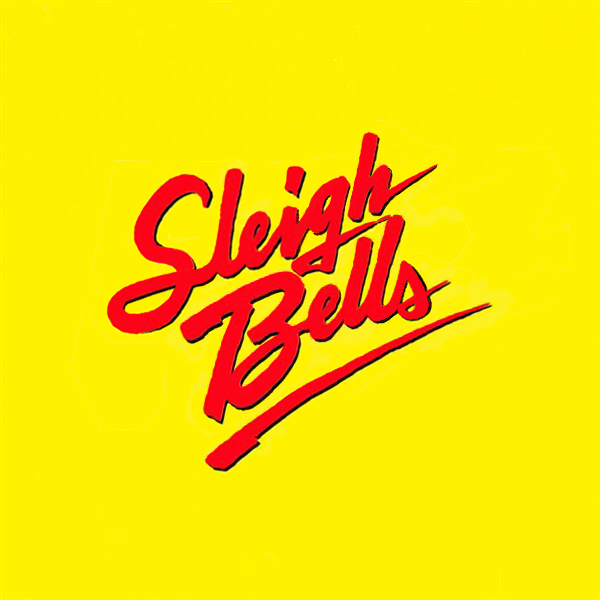 NEW YORK
NEW YORK In Which We Do Whatever We Can Get Away With
 Tuesday, December 29, 2009 at 9:53AM
Tuesday, December 29, 2009 at 9:53AM 
Escape to New York
by ELIZABETH GUMPORT
Just as our first romantic relationships impress types upon us, so, too, do our early urban experiences determine if and how we will live in cities. There are people from whom we do not recover, experiences into which we try to fold all others, places we do not leave.

Born in Oak Park, Illinois in 1933, the photographer Bruce Davidson spent his adolescence on the train, riding the El into Chicago. "I’ve left Chicago," Davidson later told an interviewer, "but Chicago hasn’t left me." The experience was "catalytic," he said; as an adult, he would go on to document New York’s transit system in the series Subway. On the trains he found "an iridescence like what I had seen in photographs of deep-sea fish."
Before Subway, he had submerged himself in South Brooklyn, where he documented the romances and rituals of a young street gang called the Jokers. After covering the Civil Rights Movement, he returned to New York, to its parks and streets, and, for two years the 1960s, its tenements. He set up on the block between Second Avenue and First, working with a large camera on a tripod to capture the street’s sidewalks, bedrooms, and the people who used them.

East 100th Street appeared at the Museum of Modern Art in 1970. Nearly twenty years later, my parents and I moved into an apartment a few blocks west, on 100th between Park and Lexington. Both streets belong to the part of Manhattan known as Spanish Harlem, which runs from 96th Street, where well-tended medians on Park Avenue give way to train tracks, up to the northeastern edge of the island and the Harlem River.
The neighborhood is largely Puerto Rican, and home to 24 public housing projects. Last year, the Department of City Planning designated the neighborhood a "food desert," which means its residents have little access to fresh food, specifically produce, and are therefore likely to suffer from diet-related illnesses.

When I was very young, I did not realize people considered my neighborhood unsafe; once I did, I thought they must be mistaken. It was not until after the building next door to mine burned down that I learned it had been a crackhouse. Nobody ever told me anything. If someone was admitted to the hospital, I was informed days or years after they were released.
Now this seems to me fantastical: how do you not talk about things? But my parents and I, we did not talk about things, so for a long time I pretended everything was fine. Then, when evidence to the contrary became impossible to ignore, I decided not to care. This is actually a choice you can make.
The images in East 100th Street do not disclose secrets like a diary, those subjective assessments of material experience. They hold only the brute, dull detritus of daily life: 15-cent pie, a flyer from a camping show, Hart brand bird food. Looking at Davidson's photographs is like visiting someone's apartment for the first time, or reading his blog: I eat a sandwich, I drink a beer, I do not make my bed.

To see the people Davidson photographs is to be reminded that people exist when we do not see them. These are not candids, or stolen shots of animals taken securely from safari caravan, but their subjects accept him without ceremony, as one admits not a stranger but a sibling, someone who has a key and does not care if you have cleaned your apartment.
At the Howard Greenberg Gallery, East 100th Street is accompanied by Davidson’s wide, expansive shots of Central Park. In the foreground of one lies the sweating, bathing-suited body of a woman; beyond her, more bodies, and trees, and beyond them the city, the buildings rising together like a great crenellated castle.

In comparison to his photographs of Central Park, the images in East 100th Street are airless and cramped. The exteriors feel like interiors. Rarely do you see the sky, or the spine of the Triborough Bridge, that big animal, lying across the East River. The city resembles a room, a closed space, a closet. The effect is counterintuitive; in Davidson’s work, narrow alleys and low ceilings serve as reminders of the city’s size, of how much it contains, and conceals.
If you believe people do whatever they can get away with, you might imagine his portraits of people peering out windows or sprawled on beds to be portraits of lust and false-heartedness. Manhattan's geography generates infidelity: ours is a capacious city, a vast island whose size permits isolation and therefore betrayal.

Davidson's photographs remind us that people's personal lives are mostly tedious. Everybody has dirty plates and families. Privacy protects us. Behind closed doors we shine our shoes and our personalities; we rest and then resume playing the roles of interesting people. We hide our worst selves, and our dullest: we would rather have people see us as bad than boring.
What is universal are chores, the failure to do them, and the desire to be looked at. From the way one girl turns her foot you can tell she has taken ballet. She is wearing church clothes; in another picture, a sign on a storefront church proclaims, "All are welcome!" Sunday devotional services meet at 12:30, and something abbreviated "W.P.W.W." gathers on Tuesdays and Thursdays at 6:30.

A few of the buildings Davidson photographed still stand, but this church is gone. The northwest corner of the block has been cleared for a baseball diamond, and luxury condominiums now run along First Avenue up to 101st Street. In 2006, one of the new apartments on Lexington Avenue sold for $8.5 million dollars.

The protagonists of children's books are usually orphans. The family home is a prison that must be demolished before the book can begin. Only once they are freed from their cells and captors can the characters' adventure begin. Out of the cradle and into the boxcar, or boarding school; the best world is the one without parents.

My parents sold their house this fall. Like Davidson's subjects and storybook orphans, I am one of the lucky ones: I never have to go home again.
Elizabeth Gumport is the senior contributor to This Recording. She is a writer from New York. She last wrote in these pages about Dawn Powell.

"Goodnight Everything" - Liars (mp3)
"I Can Still See An Outside World" - Liars (mp3)
"Proud Evolution" - Liars (mp3)
"Scarecrows on a Killer Slant" - Liars (mp3)










































